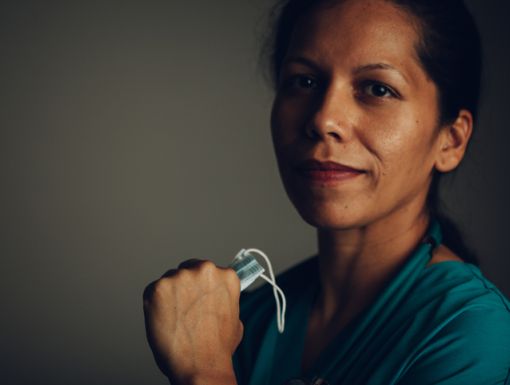
What is Colon Cancer? Three Facts You Must Know in 2023
Colon cancer is a type of cancer that begins in the large intestine (colon). It is often grouped with rectal cancer due to the many features they have in common. It’s normally seen in older adults, though it can happen at any age.
How Does Colon Cancer Start?
Most colorectal cancers start as a growth, known as polyps, on the inner lining of the colon or rectum. There are different types of polyps and some may change into cancer over time, but not all become cancer. Certain polyps have a higher chance to develop into cancer more than others. Colonoscopy is important because it is able to detect and remove these polyps before they have the chance to grow into cancer.
- Adenomatous polyps (adenomas): These are polyps that have the potential to turn into cancer and are often referred to as pre-cancerous polyps. The 3 types of adenomas are tubular, villous and tubulovillous.
- Hyperplastic polyps and inflammatory polyps: These polyps are generally not pre-cancerous. Those with large hyperplastic polyps may be recommended to get a colorectal cancer screening more often.
- Sessile serrated polyps (SSP) and traditional serrated adenomas (TSA): These polyps are treated very similar to adenomas because they have a higher risk of colorectal cancer.
There are other factors that contribute to the likelihood of a polyp becoming cancerous.
- If a polyp larger than 1 centimeter is found
- If more than 3 polyps are found
- If dysplasia is seen in the polyp after it’s removed. Dysplasia is another pre-cancerous condition. It means there’s an area in a polyp or lining of the colon where the cells look abnormal, but haven’t become cancer.
How Does Colon Cancer Spread?
If cancer forms in a polyp, it can grow into the wall of the colon or rectum over time. The wall of the colon is made of many layers. Colorectal cancer starts in the innermost layer and can grow outward through some or all the layers. Once cancer cells are in the wall, they grow into blood vessels or lymph vessels. Lymph vessels are tiny channels that carry away waste and fluid. Once they grow into blood vessels or lymph vessels, they can travel to nearby lymph nodes or to distant parts of the body.
The stage or spread of a colorectal cancer depends on how deeply it grows into the wall and if it has spread to other parts of the body. Learn more about the symptoms of colon cancer in this article.
Types of Colorectal Cancer
Most colorectal cancers are adenocarcinomas. These cancers start in cells that make mucus to lubricate the inside of the colon and rectum. When doctors talk about colorectal cancer, this is more commonly what they’re referring to. There are sub-types of adenocarcinomas, and some may have a worse prognosis than others.
There are other types of tumors that may start in the colon and rectum. These include:
- Carcinoid tumors: These start from special hormone-making cells in the intestine. You may learn more about these tumors by clicking here.
- Lymphomas: These are cancers of immune system cells. They usually start in lymph nodes, but can also start in the colon, rectum or other organs.
- Sarcomas: These start in blood vessels, muscle layers and other connective tissues in the wall of the colon and rectum. Sarcomas of the colon or rectum are rare.
The Ochsner Cancer Institute is at the forefront of colon cancer and rectal cancer prevention through patient screening, education, detection and treatment. Ochsner's colorectal surgeons specialize in the surgical removal of malignancies of the colon, rectum and anus. They offer a full range of surgical options and are nationally recognized authorities on anal and perianal tumors.
A major development in the field of public health and cancer prevention took place on May 18, 2021 when the U.S. Preventive Services Task Force provided updated recommendations regarding the age to begin screening for colorectal cancer. Adults should initiate screening for colorectal cancer at the age of 45, according to the new guidelines. This is a significant change by the task force, which previously recommended in its 2016 guidelines that screening for this cancer begin at the age of 50.
Learn which cancer screenings you might need and schedule an appointment today.

